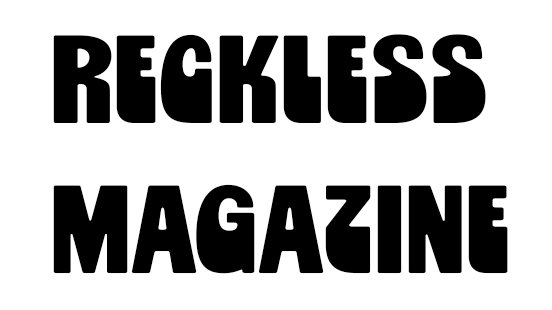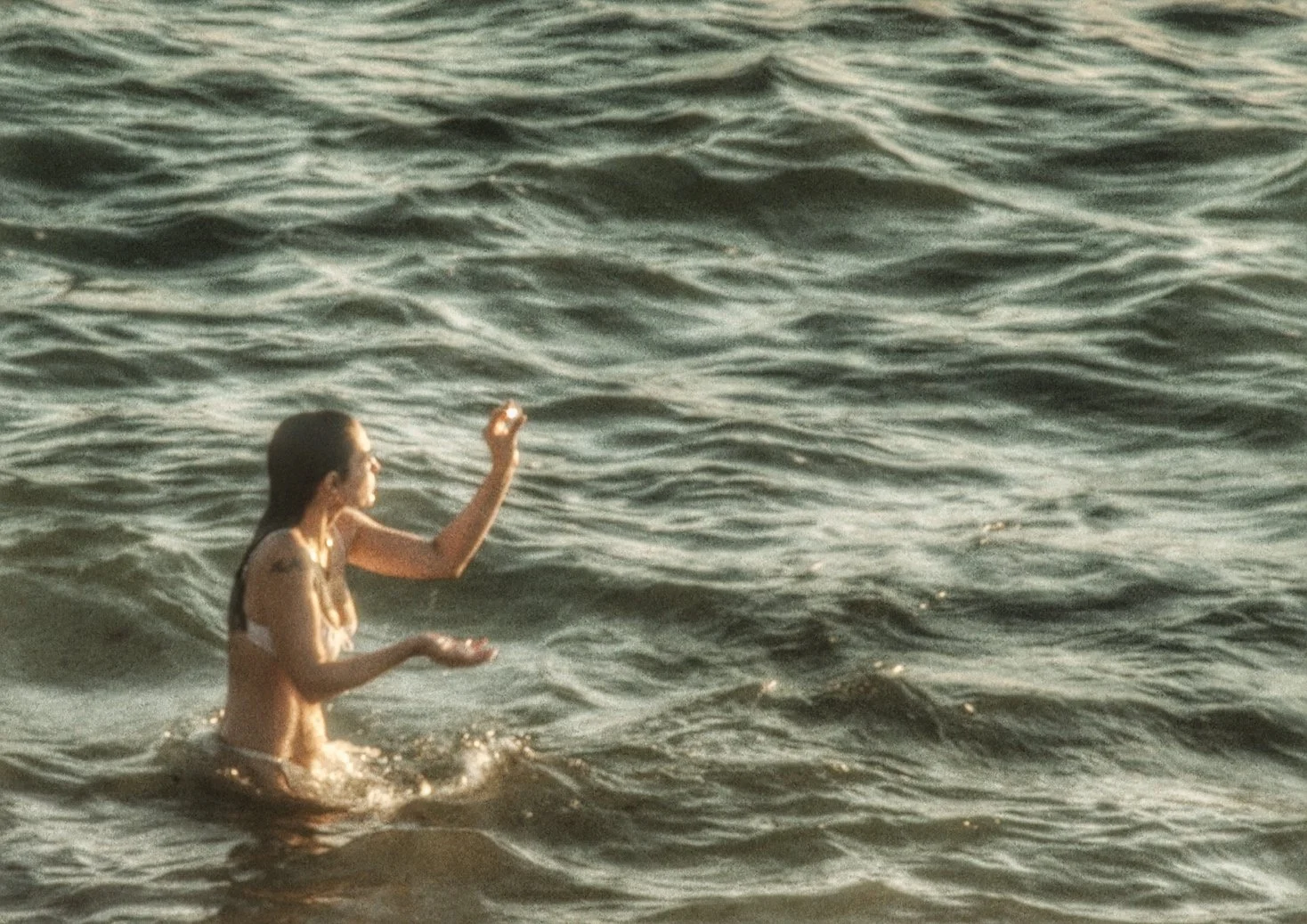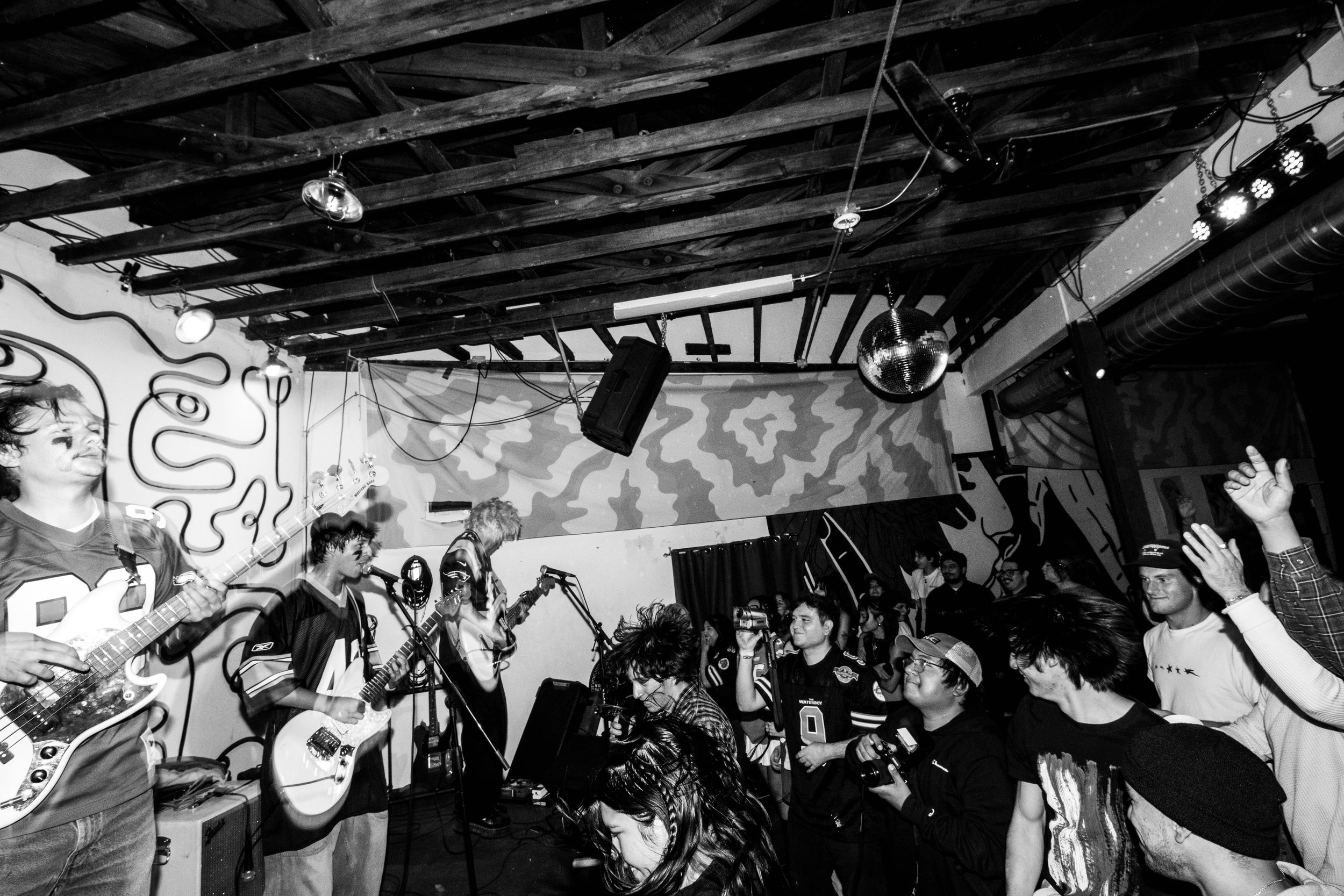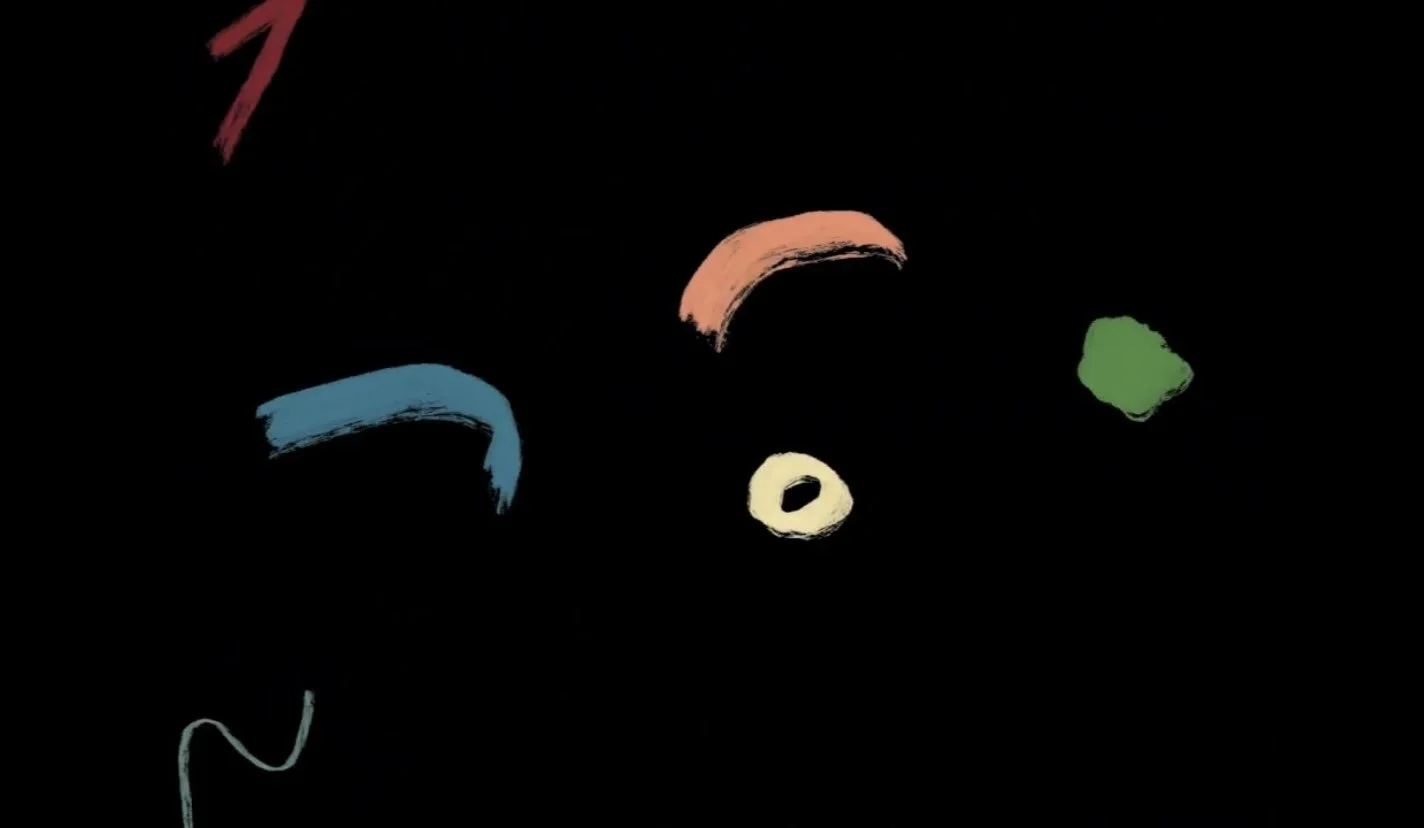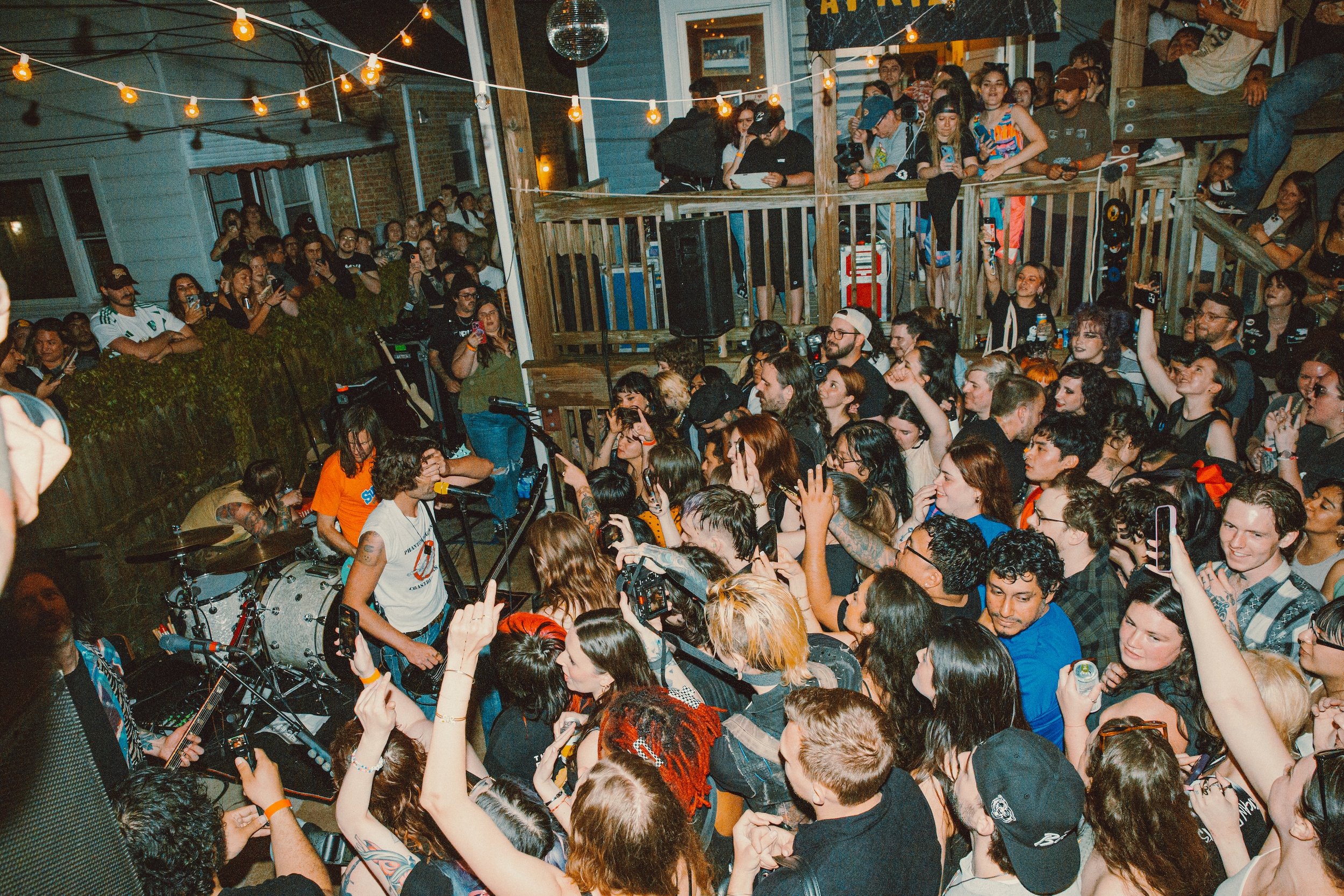Frontline Medics

We Are Proud Everyday
Interview By Micah Hughey
Frontline Medics is an organization that works to provide supplies and care to Ukrainians who are forced to live on the Frontline of war following Russia’s unprovoked re-agression. Journalist Micah Hughey talks to one of the medics, Erko Laidinen, about how the group came together, experiencing life threatening situations, and being proud of the work they do.
Bakhmut, Ukraine
Health Check Up. Frontline Medics. Ukraine.
Who are Frontline Medics?
“Frontline Medics consists of a bunch of volunteers like me, Simon Johnsen, Sander Trelvik, and our coordinator Douglas. Volunteers who had been helping in different areas for different organizations didn’t find things very effective - not as much as they could've been. We wanted to do things our own way. So, Frontline Medics was founded in the autumn of last year. We’re basically doing everything where we see a lack of acknowledgment or personnel. We adapt and do our job. We do health checks in recently liberated areas. We did it in Kherson (like Bahkmut). One of the biggest missions was in the city of Kupyansk. It’s a little bit between Kharkiv and Izium in Kharkiv Oblast.”
“In Ukraine,” Erko continues, “medical personnel are limited. A big portion of them fled when the war started. Although, one by one, many of them are returning to Ukraine because of a new law being put into place. To me, it's just rumor-based. But I heard this from many different medics and refugees that were placed in Estonia, near my hometown. I talked with some medics, just casually chatting about if they had some friends that want to volunteer and if any local medics want to volunteer with us.”
“One of them said, ‘Don’t worry, don’t worry. Soon we’re all going to be back because if we don't go before the first of January, we lose our licenses.’ I’ve also heard this from the Ukrainian side as well. The medical department is tied with the military during the war and there are just certain laws about this regarding war.”
Can you tell me a little bit about Frontline Medics’ recent operations? Is there a moment that made you proud to be a medic? A moment that made you proud of the team as a whole?
“As for recent operations, we have one. Everything we do makes me proud. We have a lot of critical patients, and we haven't lost any patients, and that makes us proud.. when we take them to the hospital and they are stable, they are taken care of.. every day we’re proud. We get thank yous from the military, hospitals, local ambulance staff, metro stations, babushkas, and just everybody. You can see the thankfulness every day, just thousands of times. Already that makes us proud. We know we’re doing the right thing when medical personnel, different hospitals, ambulances, and locals greet us daily and buy us coffee and hug us. It’s every day - we are proud every day.”
I heard that February 2nd was a notable day for you. What exactly happened that morning?
“We got a call that medical attention was needed at the center of Bakhmut (at the main crossroads) and that it was possibly a Russian attack. Perhaps multiple casualties. So our Frontline Medics group was just talking in a pub when a call for medical attention came. We’re all medics, but the situation was that we didn’t really know the number of victims. We also had a small Land Rover and it would only be able to fit one patient. So, we decided to go in two cars.”
“We responded to a group of people who were attacked by Russian forces. As we drove, we could see a few hundred meters before the attack site. There's a vast area where you can see the eastern part of Bakhmut, the town where the attack was. It was on the high ground. From this area, you can see all of the eastern areas that is - at this moment - occupied. When we arrived at the attack site, there was incoming traffic avoiding the car wrecks that were on the road. I took a hard left and let this traffic pass. Pete Reed, a thirty-three-year-old former U.S. Marine, was volunteering. He was on the right side of the road and made a full stop. He came out from the car and the civilians said, ‘It's possibly a Russian attack.’”
“Reed and his team - plus Johnsen and Trelvik - were next to an injured woman when the second attack happened,” he recalls. “Simon and Sander ran and, right when they reached the initial victim, the blast happened. I was already out of the car. I was taking cover behind a tree and watching the explosion site. I didn't see any bodies. No movement, no nothing.. just a black cloud of smoke.”
“I waited for the smoke to clear and it was the worst few seconds of my life,” he says. “Then I heard Sander scream from pain. It was a relief that someone was living, but I still did not know their condition. Pete Reed was killed and several of his colleagues were wounded. I finally saw Simon and Sander run out from the cloud. They saw me and ran over. We took shelter in a nearby house.”
“Their clothes were burned and torn from the explosion. When they were trying to run, they both were limping and, with Sander, it was basically like he was wearing shorts. He had massive burn marks on the back of his body and he was covered in smoke. I also immediately saw that Simon had lost his glasses and that his arm was bleeding. He had scratches on his face. Sander had the worst of the injuries, but they both had nothing life-threatening. Later on, we learned that Wall Street Journal writers were following us. They were one minute behind us approximately.. maybe a little less.”
How are you, Simon and Sander doing now?
“When I got home,” Erko shares, “I immediately needed some activities. No matter what, you’re gonna get some bad dreams and stuff from a situation like this. I went to this fundraiser with my friends for an ambulance, but we ended up getting three of them. Two of them are being transported right now to Ukraine, as you saw in the photos I sent you. Simon, even from the hospital, already worked to get the organization above water. He talked with all of the volunteers that wanted to join. They rethought our so-called ‘operational model’ and what we should do when we are all back on our feet. It was an immediate decision that we don't stop our doings and that we return because otherwise there would be a success on the Russian side.”
“This is their target, to get volunteers demoralized. They know volunteers are the best of Ukraine's military and Ukrainian bravery is why Ukraine is still standing.. all of the medical assistance, humanitarian aid, and military aid to civilian volunteers. We take the helmets, we take the bulletproof vests, and we do medical training because many of them don't have medical training or knowledge. Volunteering is just a big part of Ukraine.”
“We went to visit Sander the next day at the Dnipro hospital. There were so many patients. The military and everybody goes through Dnipro. It's over the limit and the staff is overworked. The idea was to get Sander out of there as quickly as possible. The day after that, a friendly organization got all of the paperwork sorted. Then I just realized the number of wounds and injuries Sander had. He was all bandaged up from his toe to his breast area. The western medics and volunteers were scared because of the possibility of infection.”
“But still, he has a sense of humor under the pain,” he notes. “I collected his Frontline Medics patches, too, and they were slightly burnt. I delivered them back to Sander and he was laughing. He thought it was funny and he was just happy. I can’t imagine him being angry. He's so selfless.. always helping, smiling. Although, our rotations are different. We don’t work together often.”
To Stay Updated with Frontline Medics, Follow @frontline_medics
To See More of Micah’s Work, Follow @_h.ue._
A crowd of civilians waiting in line for medical supplies. Frontline Medics. Ukraine
An Elderly man receives a health checkup by a Volunteer. Frontline Medics. Ukraine.
Simon Johnson transporting a patient amongst other civilians that are being transported as well. Frontline Medics.
Frontline Medics. Ukraine
Health Checkup. Frontline Medic. Ukraine
A Frontline Medic Volunteer enjoys some downtime with two German Shepherds. Ukraine
Simon Johnson after the Russian attack on the injured civilians and medics. Ukraine.
Sander Trelvik Running away from the the attack site. Frontline Medics. Bakhmut, Ukraine.
Frontline Medic Volunteer giving a health checkup on civilian. Frontline Medics. Ukraine
Simon and Eli with two patients. Frontline Medics. Ukraine
Sander and Simon (top left), friends and colleagues. Ukraine
Simon, Eli, and medical staff with patient Medical Staff. Ukraine.
Humanitarian Aide trip to civilians. Frontline Medics. Bakhmut, Ukraine.
Bakhmut, Ukraine.
Ukrainian soldiers packed in an ambulance, seeking aide. Frontline Medics. Ukraine.
